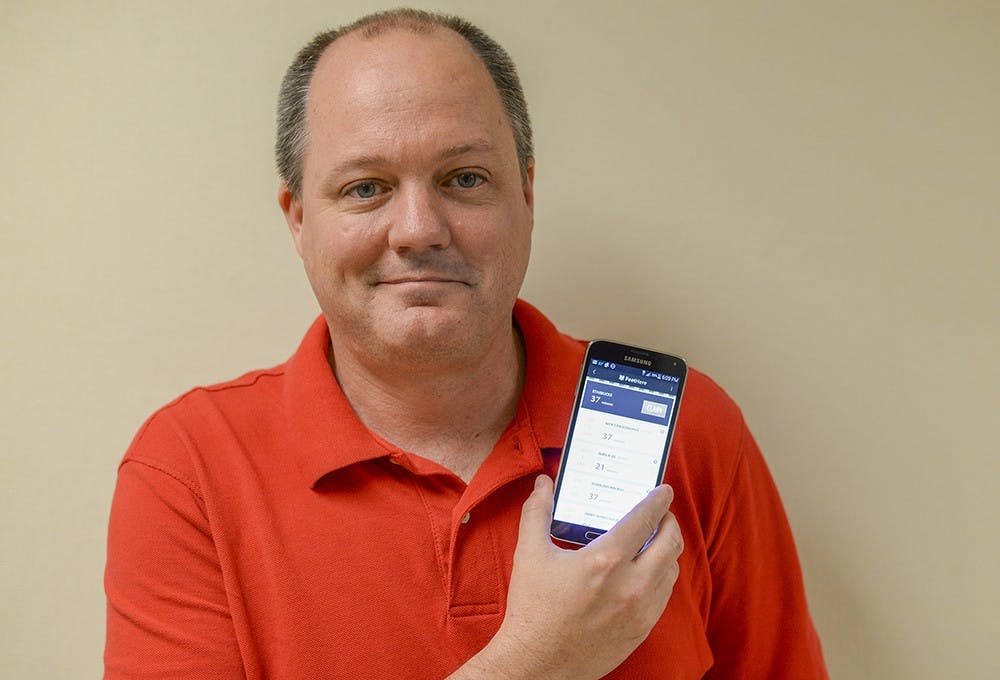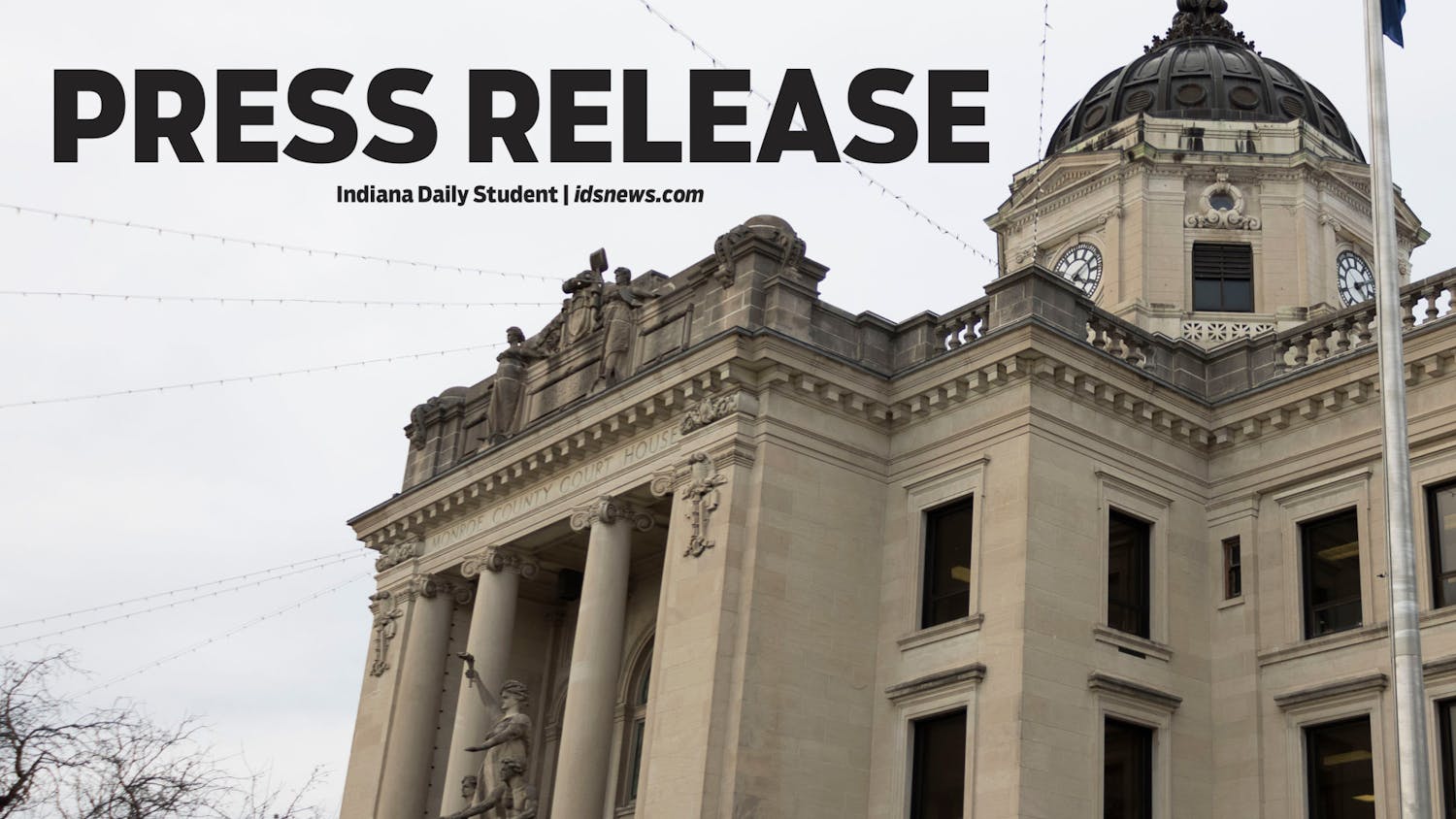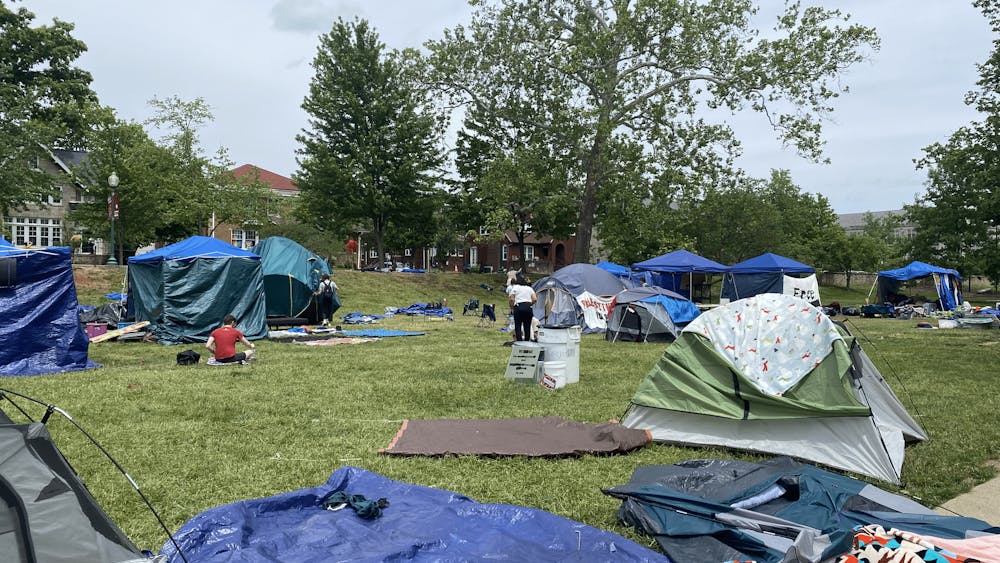The technology, FeetHere, created by app designer Chris Borland , will draw on the millennial generation’s affinity for mobile app gaming and use it to promote local business by introducing the incentive of free in-app features .
The idea for using app technology to drive consumer traffic into businesses came to Borland in 2010 when his brother presented the task of designing a gaming application that would bring customers to his retail store.
Realizing if he could encourage 20 people to support his brother’s business using a mobile app, they could expect a revenue boost of $2,000 , Borland began designing .
Four years later, the idea has evolved into a marketplace between merchants and app designers .
Several gaming apps require that users make in-game purchases before continuing with the game’s objectives. If a player runs out of lives in Candy Crush, he or she would be expected to pay 99 cents or wait for some period of time to regain a few extra lives .
Instead, the project allows merchants to pay for these extra lives, coins or gems in return for consumer traffic, Borland said .
“Basically, you’re playing a game, and the app developers are always trying to get you to buy more lives or coins in these games,” he said. “But most people won’t pay for the lives or coins. Only about five percent of the people who play these games pay for that stuff.”
The technology itself is simple. For an app designer to place FeetHere in their game, they only need Borland’s code, which produces a button in the app that prompts users to get the free rewards paid for by local hot spots . After clicking the button, users will then be required to go to the linked business before they can receive the reward .
Merchants do not have to worry about paying for customers who don’t show up, Borland said — they are only required to pay for customers who come within 50 feet of the shop.
“They’re not paying for the promise of feet,” he said. “They’re paying for the feet themselves. So they don’t pay anything until the feet show up.”
Priority within the app will be based on how much a business is willing to bid per customer. Bids can start off as low as 15 cents per customer, Borland said.
While the technology will allow gamers to be anonymous in its initial testing stages, it may later implement consumer targeting based on user preferences . If the technology recognizes that you enjoy coffee, you would likely be prompted to get in-app purchases from a café.
In a meeting with the Bloomington Fashion Collective, a group of fashion-related retailers who promote downtown businesses, a few shop managers expressed concern that there would be users who would attempt to cheat by loitering just within the technology’s 50-foot range.
“There are drawbacks,” Borland said. “There always are with any type of marketing thing. People might game the system. They might just stop by and quickly click to get their free stuff, and the merchant is paying for somebody who just got close to their store.”
Still, he said, the businesses are paying to at least get a consumer close to their shop .
“How is that different from when a merchant spends $200 on a quarter page ad in a magazine?” he said. “They’re paying for an advertisement that potential consumers may never see.”
Borland said he hopes to fix this problem in later tests by limiting FeetHere’s proximity .
Another drawback in the initial testing comes from limiting which devices will be able to use the technology. Only Android users will have access to FeetHere at first, though Borland said it will eventually be integrated into Apple devices as well .
Talisha Coppock , executive director of Downtown Bloomington Inc., a non-profit membership organization that focuses on boosting the economy downtown , said she is anxious to see what the project brings to downtown businesses .
“It’s exciting that we have someone in the Bloomington community that is tech savvy and able to create this marketplace that focuses on people’s interest in app gaming but also able to bring them into the downtown shops,” she said. “It’s a blend of tech and business, but with a personal touch.”
While she said she is excited about the project, Coppock also said the project would require adjustments from local shop owners .
“Small businesses have a lot to keep on track of,” she said. “Things like having a staff in place that can understand the details.”
Current funding for the venture is $10,000 and comes from RunUp Labs , a travel accelerator designed for startup businesses . Borland said he would like FeetHere to develop a large consumer base before bringing in larger investors .
In the next one to three months, Borland hopes to begin FeetHere’s pilot testing in Bloomington, he said . A few mobile companies are currently present on the marketplace’s live servers, but since there are no live apps currently utilizing it, FeetHere is not yet available to the public .
In the long run, Borland wants FeetHere to expand across the nation .
Borland recognizes it could be years before a project like FeetHere garners national recognition .
He says quick success with a venture such as his is like hitting the lottery. Very few obtain it, and many often end up losing the business game.






